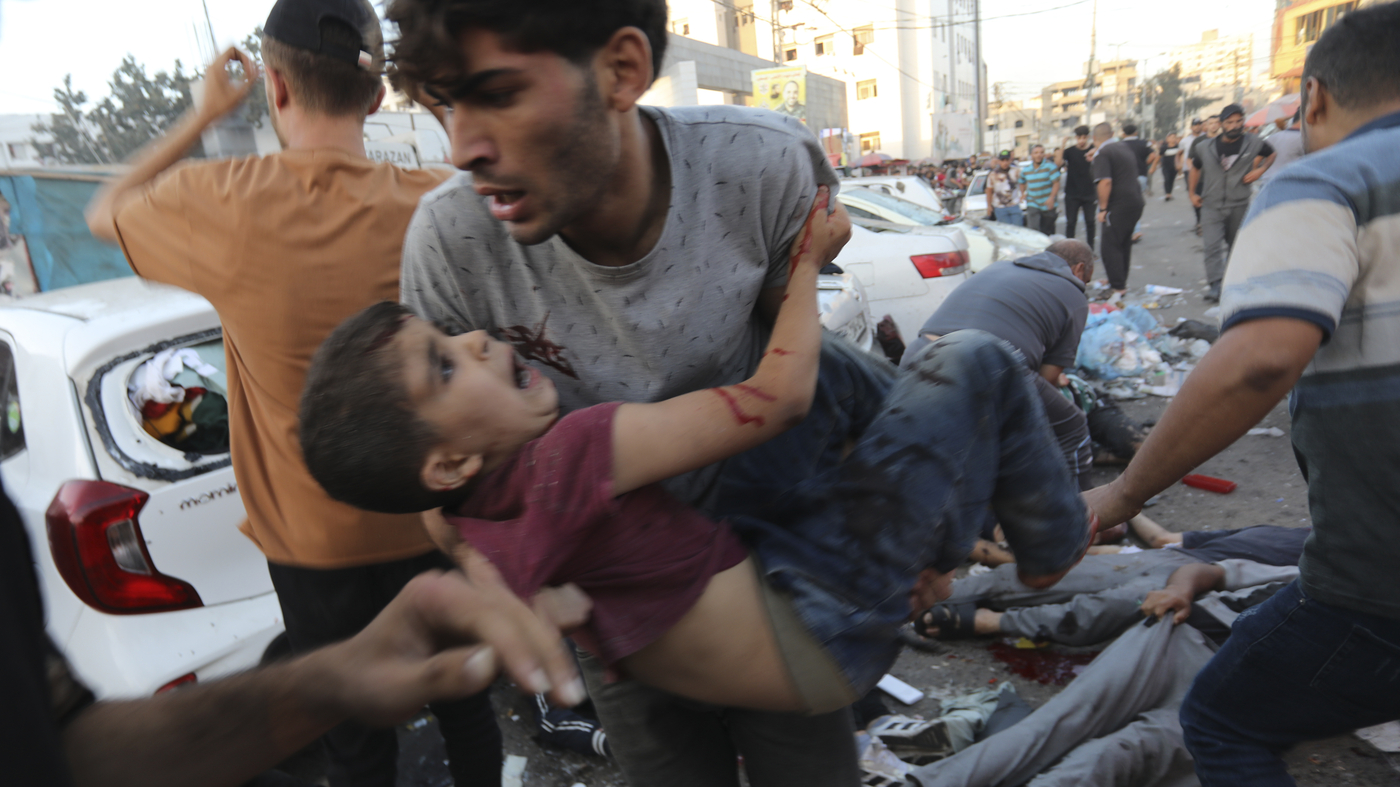Hospitals are protected in war. But the safeguard is not absolute

Israel and Hamas have been engaged in a violent conflict since the beginning of 2021. Since then, many civilians have been killed or injured as a result of airstrikes from both sides, while hospitals and medical facilities have been targeted by Israeli forces. The main focus of this article is to examine the evidence of war crimes committed by Israelis against Gazan civilians.
The primary source of evidence comes from UN investigators who have interviewed witnesses, assessed photos and videos, and conducted onsite visits to multiple locations in Gaza. Evidence from these sources suggest that Israeli airstrikes were deliberately targeting hospitals and ambulances, with several patients and staff killed as a result.
In addition, UN investigators also examined cases of collective punishment, where Israeli forces restricted access to food, water, medicine, and fuel for civilians in Gaza. This has resulted in numerous deaths due to inadequate medical care, as well as a lack of basic necessities.
The article also looks at the issue of war crimes from a legal perspective. International humanitarian law prohibits the use of force and attacks against civilians, and places the responsibility on all parties involved in a conflict to adhere to these laws. However, it is difficult for a country to be held accountable for war crimes in international court, since most countries are not members of the International Criminal Court.
While countries such as Israel have argued that their actions are necessary to protect their citizens, the evidence suggests that some of their actions violate international law. As a result, it is important for the international community to take a stand against war crimes in order to ensure that these violations do not continue. Ultimately, only when justice is served can civilians in conflict zones feel safe and secure.
Read more here: External Link